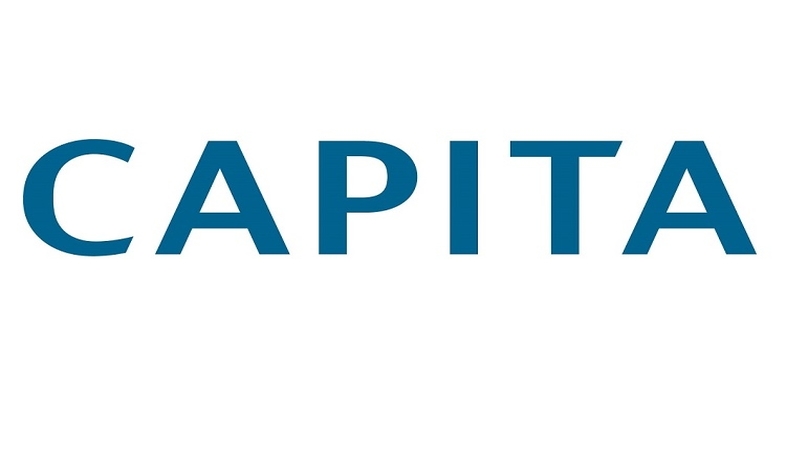 Capita charged £113m plus an additional £60m to bespoke DRS against niche military recruitment processes and legacy data
Capita charged £113m plus an additional £60m to bespoke DRS against niche military recruitment processes and legacy dataThe British Army has been angrily lambasted by MPs and the public for agreeing to an outsourcing deal for military recruitment and CRM/HR systems with Capita. The initial aim was to improve the number of new recruits and the overall efficiency of the on-boarding process; however, the result has been the opposite.
The recruiting partnership programme (RPP) resulted in a range of mistakes, delays and – most alarmingly – a reduction in the number of new recruits that made it through the process and joined the army.
Initially, the army believed the arrangement would save over £260m over a ten-year period; however, it has been accepted that a more realistic figure is £180m. The first six years of the partnership have brought an approximate saving of £25m, so to predict savings in excess of £150m over the final four years seems to be inflated and very optimistic.
As with most outsourcing agreements, the aim for the army was to remove the administrative and interviewing time spent by soldiers on recruitment marketing, processing and selections to enable a greater focus on front-line duties. Unfortunately for the army, the delays and issues in the Capita-led campaigns meant that more personnel had to be deployed on recruitment tasks to improve awareness. The cost of this resource has not been published; however, even the strongest defenders of this deal would be hard-pushed to explain how this has happened.
A key component of the Capita offer was to implement the new defence recruiting system (DRS). Capita charged £113m plus an additional £60m to bespoke DRS against niche military recruitment processes and legacy data. Service charges are also due to maintain the system, somewhat tying the MoD to Capita beyond the ten-year agreement.
The army has defended itself and has highlighted areas that have sped up the recruitment processes. These include a reduction in the time between application and beginning training, new IT systems and hardware, and a mentorship programme for new recruits to have a designated role model to learn from.
Capita also confidently pushed back, acknowledging that whilst both parties had underestimated how complex the hiring challenges were, the company worked hard to ensure effective service level agreements were in place with appropriate checks and balances. Capita also highlighted that it did not profit from poor performance on this contract and would be working to continue to find improvements to make it work for both parties.
Recruiters love this COMPLETE set of Accredited Recruitment & HR Training – View Training Brochure








